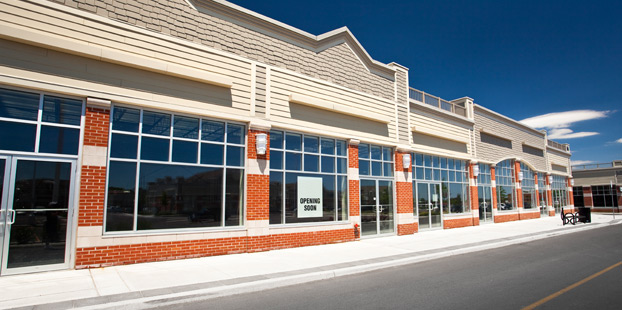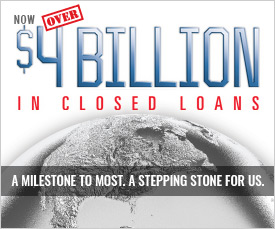
Acquiring a new property is exciting no matter your plans. Acquisition represents the beginning of a journey, one that will hopefully culminate with a new asset and the revenue stream to match. It can also be nerve-wracking if things go wrong, leaving you holding the bag on a loan without the value you expected to cover your debts.
“Every business deal involves some element of risk, but commercial real estate investment is high stakes in that property acquisitions and redevelopments require a lot of upfront capital,” said Kevin Wolfer, CEO of Kennedy Funding. “Understanding who you’re dealing with and the terms of the acquisition is essential to avoid getting burned, and the outcome could be the clean acquisition of a property with a huge potential ROI.”
How can you avoid falling victim to a botched deal? Keep your eye out for these red flags, and if any catch your eye, it might be worth thinking twice about signing on the dotted line.
1. The surrounding area is on the decline
It’s hard to judge a book by its cover. Sometimes an under-developed neighborhood is a sign of an opportunity, and other times it’s a sign of decline. The only way to truly understand which you’re dealing with is by spending some time in the area and talking with residents and business owners. Has the area experienced a recent influx of new people and new development starts, or has it been bleeding business and losing residents?
Finding out whether the economy in your target property’s neighborhood is growing or contracting is essential before buying. Acquiring commercial property in an area that is just on its way up could be a huge win but buying in a dying town is a sure way to lose your investment.
2. The property has some significant problems
Many commercial real estate investors expect to acquire a property that needs some work. Some are even prepared to engage in significant redevelopment. While that is part of adding value to a property and generating a return on investment, there are some things that are just too costly to fix, so do your homework on the property both in person and through examining public records.
Some problems, such as needed environmental remediation or outstanding liens against the title, must be identified earlier, especially if you plan to apply for funding. Be sure to take a realistic view of these problems and run a cost-benefit analysis. How much would a dirty property cost to clean up and redevelop, for example, and would its history of contamination harm your future marketing efforts? Putting work into a newly-acquired property is inevitable, but don’t jump in to a quagmire headfirst.
3. Valuation numbers don’t add up
Don’t just take the sticker price at face value. Do a bit of digging on the valuation and even consider obtaining a second opinion. As the old adage goes, “buy low, sell high.” If you’re buying high right from the start, your journey to profitability is immediately made that much harder.
The same goes for financial projections. For example, if a seller shows you financial projections that suggest rental vacancies are set to decline over the next five years, scrutinize those numbers and tease out the rationale behind them. Also investigate any profit/loss statements available from the seller to get a real look at the numbers, rather than operating based on the seller’s estimate.
4. Excessive need for liquid capital
Even when everything else checks out, you’ve got to keep an eye on your own bank account. The deal might look great on paper and in person, but if you’re going to be putting up all or nearly all your money to move forward with the acquisition, you might want to think twice. Even the rosiest of deals can go wrong unexpectedly, which is not a problem if you have additional liquidity at your disposal. However, if you’ve invested everything, you could find yourself in a very precarious situation.
When investing in commercial real estate, it’s important to remember risk is an ever-present factor. Acquiring and redeveloping commercial real estate is a highly profitable investment activity, but it also takes a lot of cash. Giving yourself the room to breathe, especially early on when your money is tied up in the property, is essential to the stability of both the project and your business endeavors.
Don’t get caught in a bad deal
Commercial real estate investment requires a lot of liquidity, so you’ll want to be sure you’re not tying up your capital in a deal that could go south. By remaining vigilant and cautiously reading the signs, you can protect yourself and your investment.
Once your property checks out, it also pays to partner with experienced lenders like those at Kennedy Funding. Kennedy extends financing for commercial real estate projects of all types. Loan sizes range from $1 million to $50 million, with a loan to value ratio of up to 75 percent and closings in as little as five days. Visit our website to view all requirements and begin your application today!







